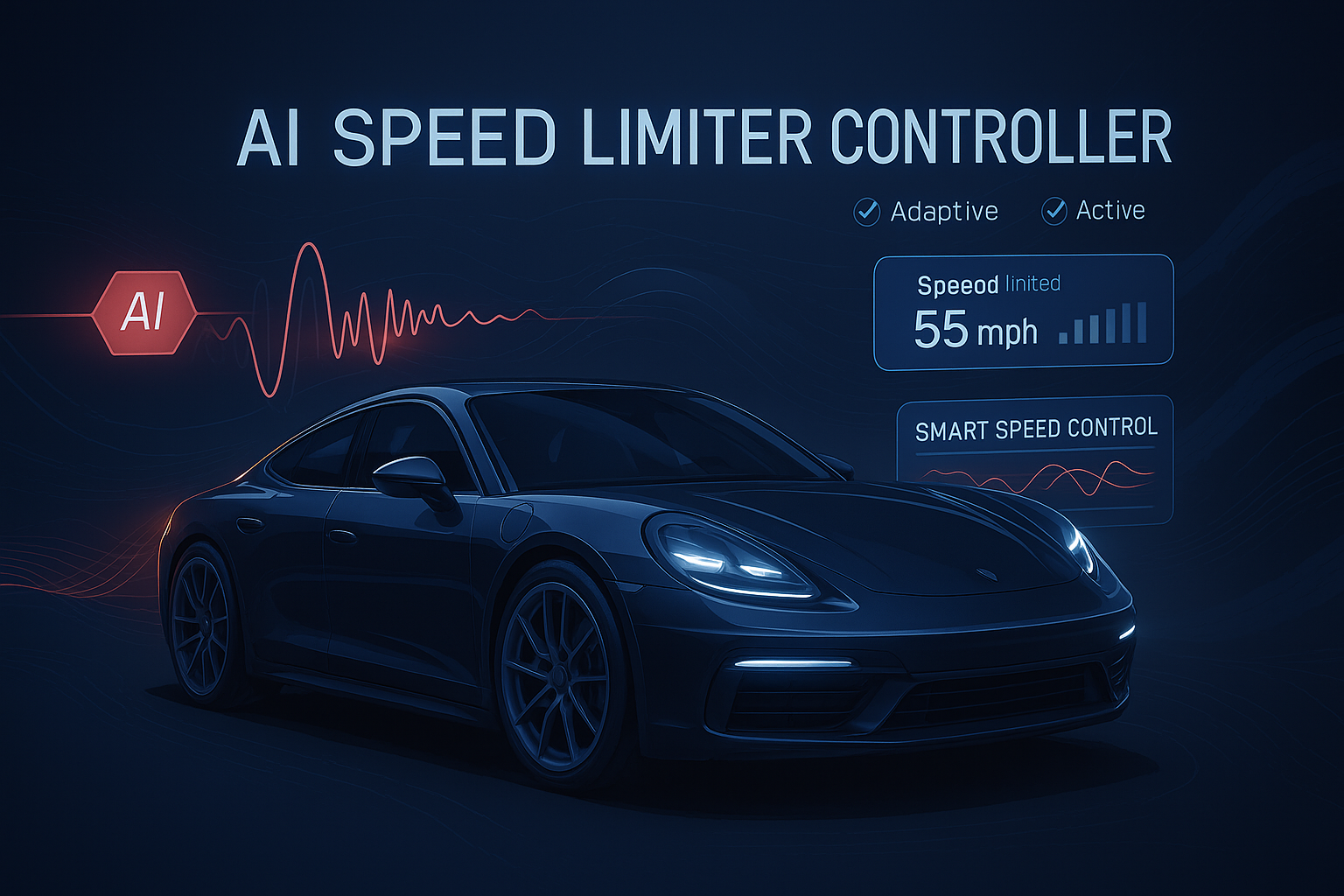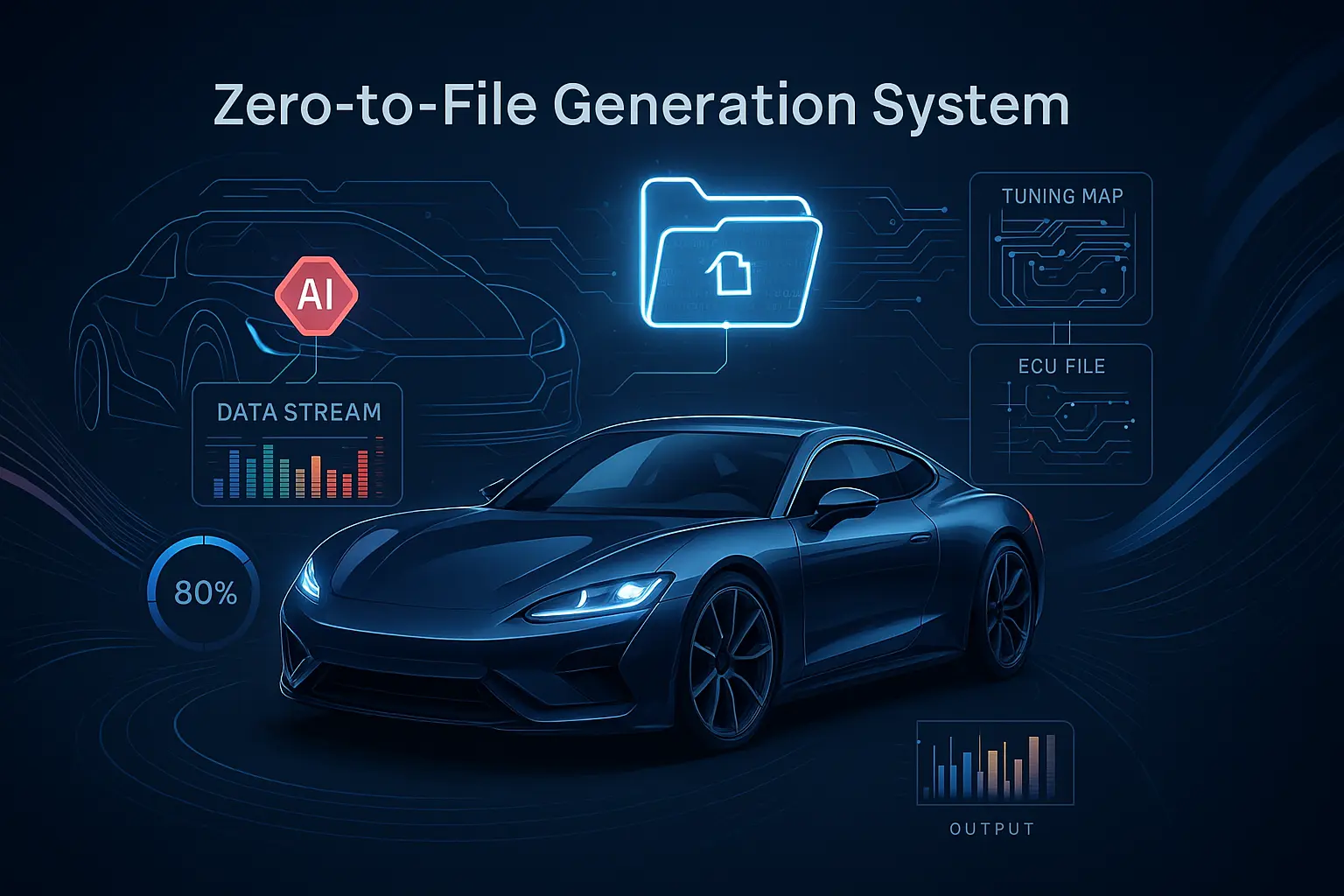ECU Module Code Decoder | Diagnose and Interpret DTCs Easily
🔧 Introduction
An ECU module code decoder is one of the most powerful tools in modern automotive diagnostics. Whether you’re a performance tuner or a technician in a workshop, this ECU module code decoder allows you to identify and interpret diagnostic trouble codes (DTCs) directly from your vehicle’s ECU.
Understanding what these codes mean — and acting on them — is essential for quick, accurate troubleshooting, optimized repairs, and preventing long-term damage.
⚙️ What Is an ECU Module Code Decoder?
An ECU module code decoder is a diagnostic system that reads, identifies, and explains DTCs from your vehicle’s engine control unit (ECU). These codes are generated when the ECU detects irregular behavior or faults in the system — from misfires and oxygen sensor failures to turbo pressure irregularities or transmission errors.
This decoder simplifies the technical language behind fault codes, offering human-readable explanations and repair suggestions. Advanced decoders also provide live data streams, code severity ratings, and historical fault logs.
📊 Common DTC Codes & What They Mean
| DTC Code | Description |
|---|---|
| P0302 | Cylinder 2 Misfire Detected |
| P0171 | System Too Lean (Bank 1) |
| P2463 | Diesel Particulate Filter Restricted |
| P0101 | MAF Sensor Performance Issue |
| P0420 | Catalyst System Efficiency Below Threshold |
Each of these codes points to a specific fault area. The ECU module code decoder helps turn these codes into actionable steps.
🧠 Why You Need an ECU Module Code Decoder in Modern Vehicles
Modern vehicles have complex electronic systems. Without a reliable decoder, DTCs remain cryptic and hard to interpret. Here’s why using one matters:
✅ Faster Troubleshooting
Get instant insights into why the engine light is on.
✅ Cost-Efficient Repairs
Avoid unnecessary parts replacement by targeting the real issue.
✅ Prevent Long-Term Damage
Early warnings help prevent bigger problems down the road.
✅ Live Data Streaming
Advanced tools show real-time readings like RPM, AFR, coolant temp, and sensor voltages.
🔗 For more on how diagnostic codes work, visit OBD Wikipedia.
🔗 Related Resource
Want to better understand how tuning affects ECU performance?
Check out our Stage 1 Tuning Guide
🤖 AI Integration with ECU Decoders
Platforms like MetaECU AI now integrate code decoding into their cloud-based diagnostic systems, giving you:
AI-powered fault interpretation
Auto-suggestions for common DTCs
Severity scaling (low, medium, high)
Vehicle-specific troubleshooting paths
Remote diagnostics from any location
This allows both workshops and end-users to get OEM-level diagnosis without expensive manufacturer hardware.
🔧 When to Use an ECU Module Code Decoder
✅ When the check engine light comes on
✅ After chiptuning or remapping
✅ During routine maintenance
✅ When engine behavior feels abnormal (misfires, surging, etc.)
🔚 Conclusion
An ECU module code decoder bridges the gap between raw ECU data and real-world diagnostics. Instead of guessing what’s wrong, this tool gives you clarity, control, and confidence.
Whether you’re tuning performance vehicles or simply fixing a warning light, using a code decoder saves time, money, and stress.
👉 Ready to decode your vehicle like a pro?
Start using MetaECU’s advanced diagnostic tools today and turn error codes into solutions.


